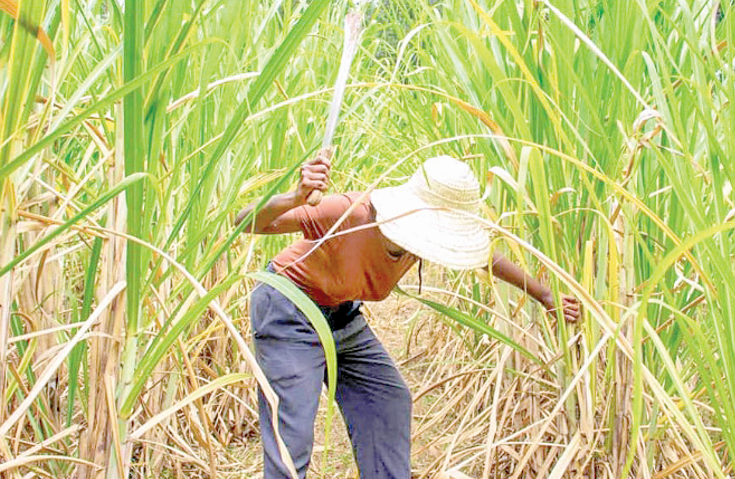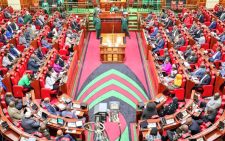Why planned leasing of State-owned sugar mills faces uncertainty

The leasing process of State-owned sugar factories, once seen as the key to revitalising Kenya’s struggling sugar industry, is at a crossroads after the enactment of the new Sugar Act of 2024.
The new law shifts responsibility for the leasing process from the Agriculture and Food Authority (AFA) to the recently established Kenya Sugar Board (KSB), halting progress as KSB awaits full constitution and operational status.
Its delay has frustrated stakeholders, including investors and farmers who were hopeful that leasing would lead to better management and profitability. With the current policy shift, they now face uncertainty regarding KSB’s eventual direction under the new Act.
President William Ruto recently signed the Sugar Act into law, concluding a two-year wait and signalling a significant shift in Kenya’s sugar industry.
While the legislation is expected to overhaul the sector, it introduces major changes that have cast doubt over the leasing plan, initially promoted as the only way to rescue the industry from severe financial challenges.
According to the Kenya Union of Sugarcane Plantation Workers (Kuspaw), which represents sugarcane workers, there is uncertainty over whether leasing will continue as planned, especially once the current court case on it concludes.
“We will be watching closely to see whether the government continues with the leasing plan or abandons it altogether, given the potential impact on workers’ livelihoods and job security,” stated Kuspaw’s Secretary General, Francis Wangara.
The union’s cautious stance highlights the considerable ambiguity surrounding the leasing process in light of the new legislation, with stakeholders awaiting the government’s next move.
The transfer of regulatory responsibilities also underscores the challenges of transitioning oversight in a sector reliant on timely decision-making.
Killion Osur, Secretary General of the Kenya National Federation of Sugarcane Growers, pointed out that the reintroduction of the Sugar Development Fund has added further complexity to the leasing discussion.
“If the state is now providing funds to revitalize sugar mills, it raises questions on whether leasing remains a viable solution,” Osur explained. With new state funding in play, there is a real possibility that the leasing initiative could be replaced by state-led revitalization, reminiscent of practices from two decades ago.
“If the government assumes a more direct role in managing sugar factories, leasing may no longer be necessary,” Osur noted.
This scenario could significantly impact both investors interested in leasing and farmers who expected the leasing process to bring improved management and profitability to the sector.
Osur emphasised the political implications of these shifts, as restructuring the sugar industry affects thousands of farmers, workers, and communities. The future of leasing will depend on KSB’s establishment and the effective deployment of the Sugar Development Fund.
While farmers and investors remain sceptical, the CEO of the Sugar Directorate, Jude Chesire, assured stakeholders that leasing is still on course and promises to bring substantial benefits to the industry. Chesire argued that leasing would enhance efficiency and profitability by providing farmers access to modern technology and equipment without requiring significant upfront investment.
“This will lead to better resource management, from land to machinery, and improve overall productivity,” he said.
Chesire further noted that leasing would attract private investors willing to commit capital in exchange for clearer returns, leading to modernisation and increased capacity at sugar mills and processing facilities. Leasing also reduces financial risk for farmers, who would be able to focus on sustainable practices and infrastructure without the long-term liabilities associated with land or machinery ownership.
“When farmers and investors have the security of long-term leases, they’re more likely to invest in sustainable practices, which leads to more stable and profitable operations,” Chesire explained. He acknowledged that while the new Act has shifted leasing authority to the KSB and National Treasury, both agencies are expected to resume the leasing agenda once the Act’s regulations are drafted and implemented smoothly.
The outcome will ultimately depend on how the new Sugar Act and the development fund are implemented, as well as the political will to support the sugar sector.












